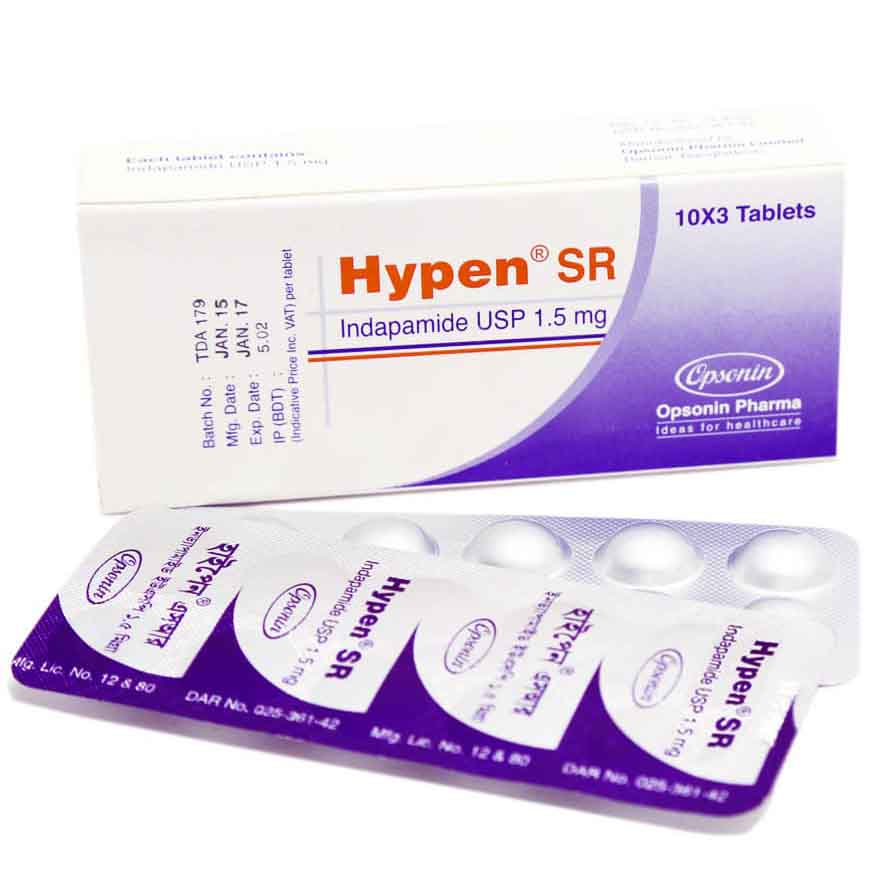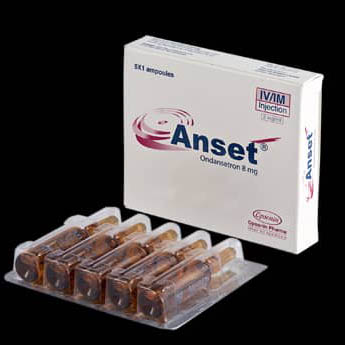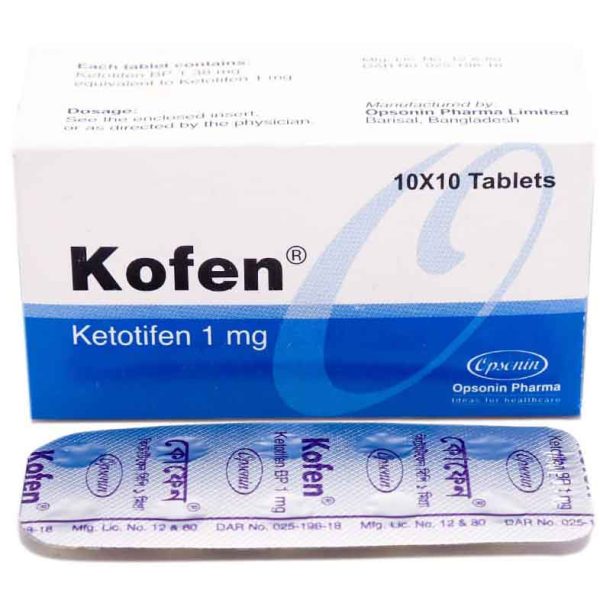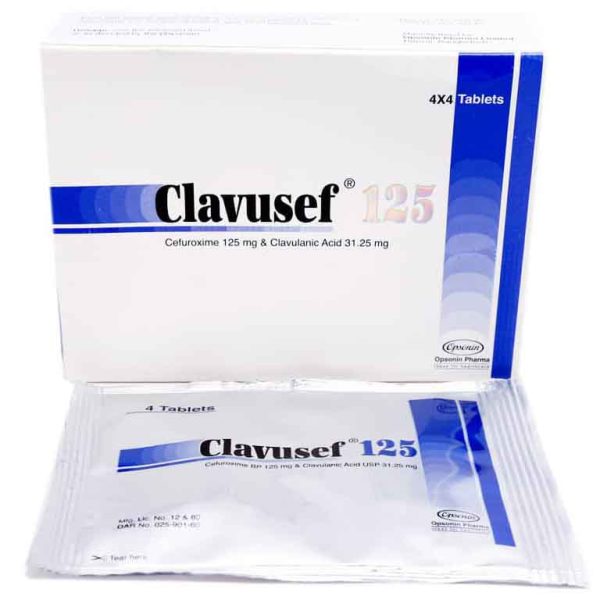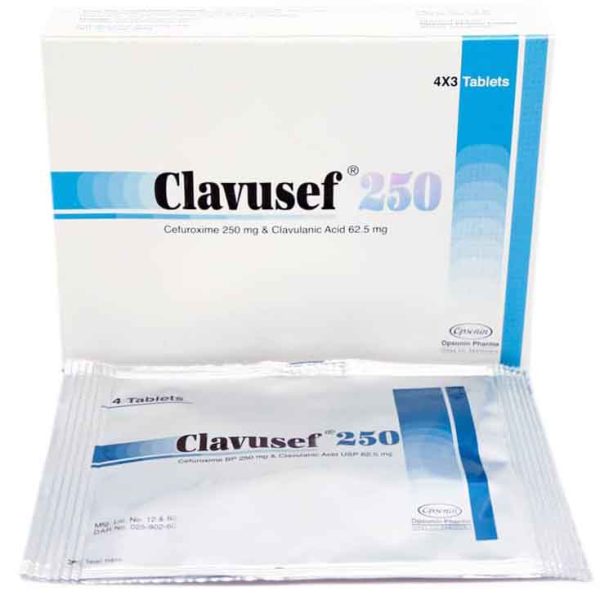Description
Brand name: HYPEN ® SR 1.5 mg
Generic Name: Prolonged-release 1.5mg tablets of Indapamide
1. What HYPEN® SR is and what it is used for? HYPEN® SR is a prolonged-release film-coated tablet containing indapamide as active ingredient.
Indapamide is a diuretic. Most diuretics increase the amount of urine produced by the kidneys. However, indapamide is different from other diuretics, as it only causes a slight increase in the amount of urine produced.
This medicine is intended to reduce high blood pressure (hypertension) in adults.
2. What you need to know before you take HYPEN® SR and do not take HYPEN® SR:
if you are allergic to indapamide or any other sulfonamide or to any of the other ingredients of this medicine, If you have severe kidney disease,
if you have severe liver disease or suffer from a condition called hepatic encephalopathy (degenerative disease of the brain),
if you have low potassium levels in your blood.
Warnings and precautions: Talk to your doctor or pharmacist before taking HYPEN® SR:
if you have liver problems,
if you have diabetes,
if you suffer from gout,
if you have any heart rhythm problems or problems with your kidneys,
if you need to have a test to check how well your parathyroid gland is working.
You should tell your doctor if you had Photosensitivity reactions.
Your doctor may give you blood tests to check for low sodium or potassium levels or high calcium levels.
If you think any of these situations may apply to you or you have any questions or doubts about taking your medicine, you should consult your doctor or pharmacist.
Athletes should be aware that this medicine contains an active ingredient, which may give a positive reaction in doping tests.
3. How to take HYPEN® SR
Always take this medicine exactly as your doctor or pharmacist has told you. Check with your doctor or pharmacist if you are not sure.
The recommended dose is one tablet each day, preferably in the morning.
The tablets can be taken irrespective of meals. They should be swallowed whole with water. Do not crush or chew them.
Treatment for high blood pressure is usually life-long.
If you take more HYPEN SR than you should:
If you have taken too many tablets, contact your doctor or pharmacist immediately.
A very large dose of HYPEN SR could cause nausea (feeling sick), vomiting, low blood pressure, cramps, dizziness, drowsiness, confusion and changes in the amount of urine produced by the kidneys.
If you forget to take HYPEN® SR:
If you forget to take a dose of your medicine, take the next dose at the usual time.
Do not take a double dose to make up for a forgotten dose.
If you stop taking HYPEN® SR:
As the treatment for high blood pressure is usually life-long, you should discuss with your doctor before stopping this medicinal product.
If you have any further questions on the use of this medicine, ask your doctor or pharmacist.
4. Possible side effects
Like all medicines, this medicine can cause side effects, although not everybody gets them.
Stop taking the medicinal product and see a doctor immediately, if you experience any of the following side effects:
Angioedema and/or urticaria. Angioedema is characterised by swelling of the skin of extremities or face, swelling of the lips or tongue, swelling of the mucous membranes of the throat or airways resulting in shortness of breath or difficulty of swallowing. If this occurs, contact your doctor immediately. (Very rare) (may affect up to 1 in 10,000 people)
Severe skin reactions including intense skin rash, reddening of the skin over your whole body, severe itching, blistering, peeling and swelling of the skin, inflammation of mucous membranes (Stevens Johnson Syndrome) or other allergic reactions, (Very rare) (may affect up to 1 in 10,000 people)
Life-threatening irregular beat. (Not known)
Inflamed pancreas which may cause severe abdominal and back pain accompanied with feeling very unwell (Very rare) (may affect up to 1 in 10,000 people)
Disease of the brain caused by liver illness (Hepatic encephalopathy) (Not known)
Inflammation of the liver (Hepatitis) (Not known)
In decreasing order of frequency, other side effects can include:
Common (may affect up to 1 in 10 people):
Red raised skin rash;
Allergic reactions, mainly dermatological, in subjects with a predisposition to allergic and asthmatic reactions.
Uncommon (may affect up to 1 in 100 people):
Vomiting;
Red pinpoints on skin (Purpura).
Rare (may affect up to 1 in 1000 people):
Feeling of tiredness, headache, pins and needles (paraesthesia), vertigo;
Gastro-intestinal disorders (such as nausea, constipation), dry mouth.
Very rare (may affect up to 1 in 10,000 people):
Changes in blood cells, such as thrombocytopenia (decrease in the number of platelets which causes easy bruising and nasal bleeding), leucopenia (decrease of white blood cells which may cause unexplained fever, soreness of the throat or other flu-like symptoms — if this occurs, contact your doctor) and anaemia (decrease in red blood cells);
High level of calcium in blood;
Heart rhythm irregularities (causing palpitations, feeling of the heart pounding), low blood pressure;
Kidney disease (causing symptoms of tiredness, increased need to urinate, itchy skin, feeling sick, swollen extremities);
Abnormal hepatic function – Not known:
Fainting.
If you suffer from systemic lupus erythematosus (a disorder of the immune system leading to inflammation and damage to the joints, tendons and organs with symptoms including skin rashes, tiredness, loss of appetite, weight gain and joint pain), this might get worse.
Cases of photosensitivity reactions (change in skin appearance) after exposure to the sun or artificial UVA have also been reported.
Short sightedness (myopia).
Blurr Vision.

